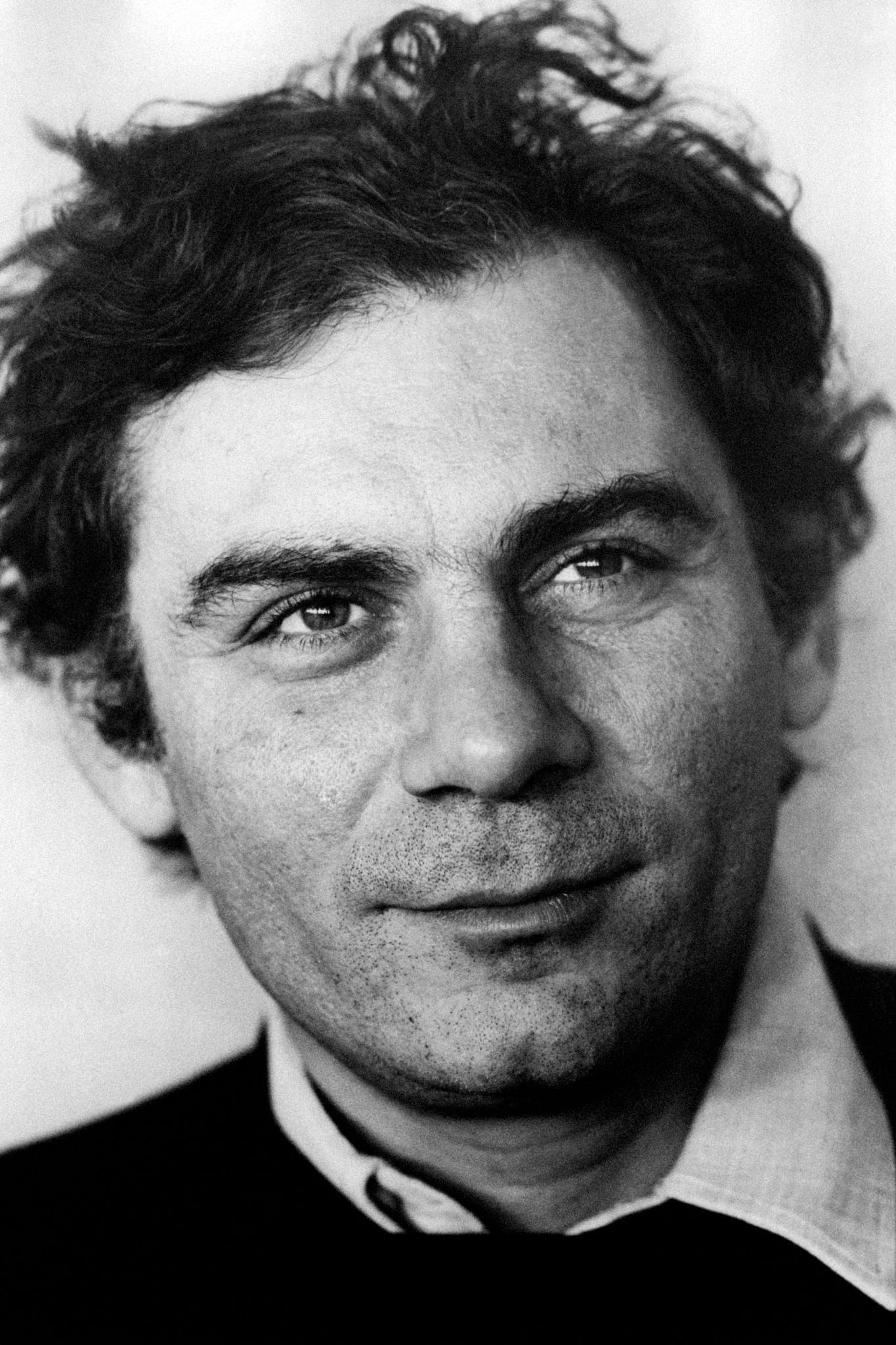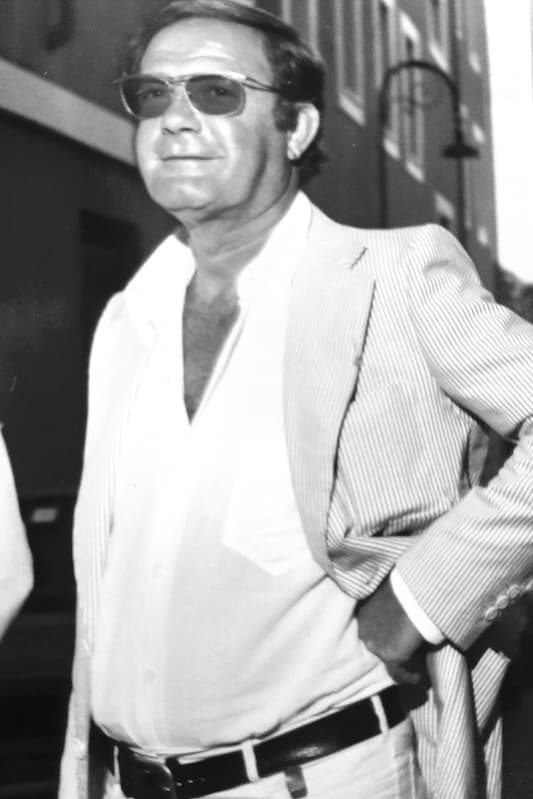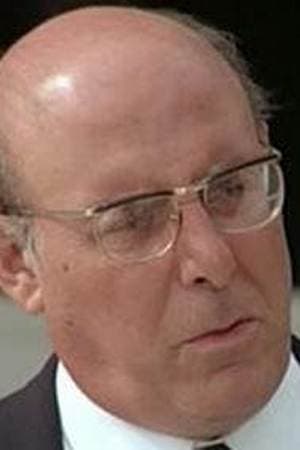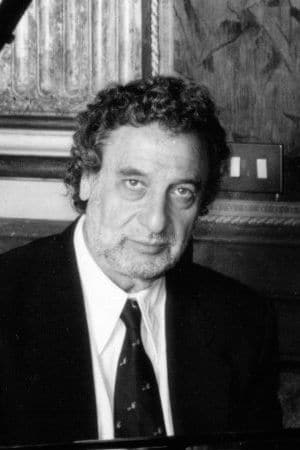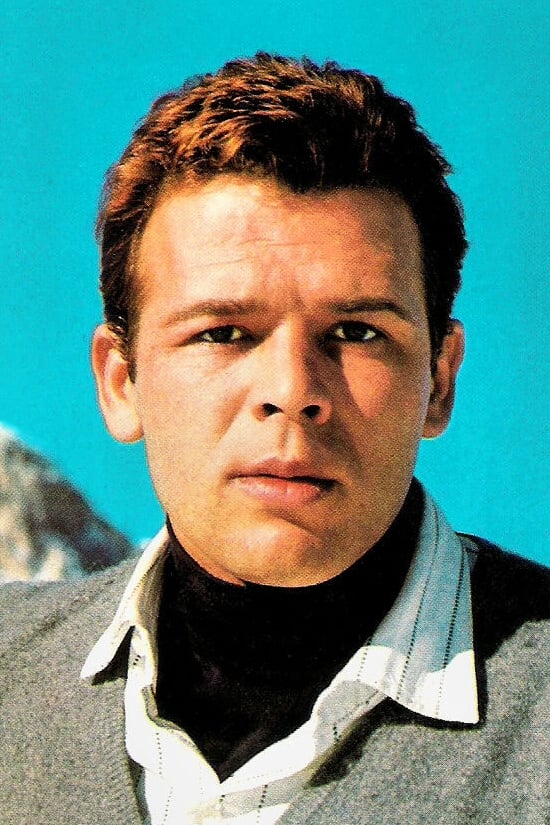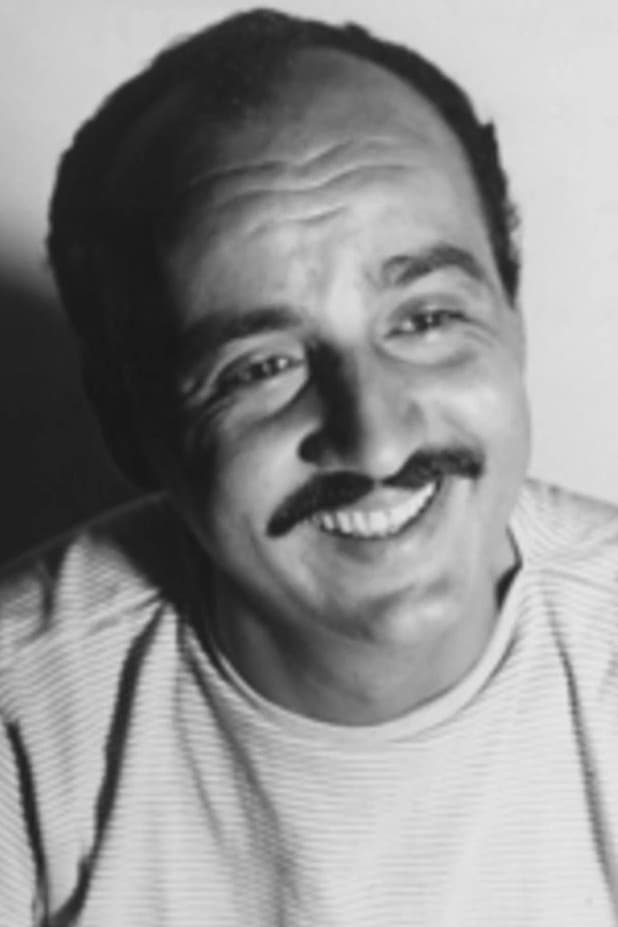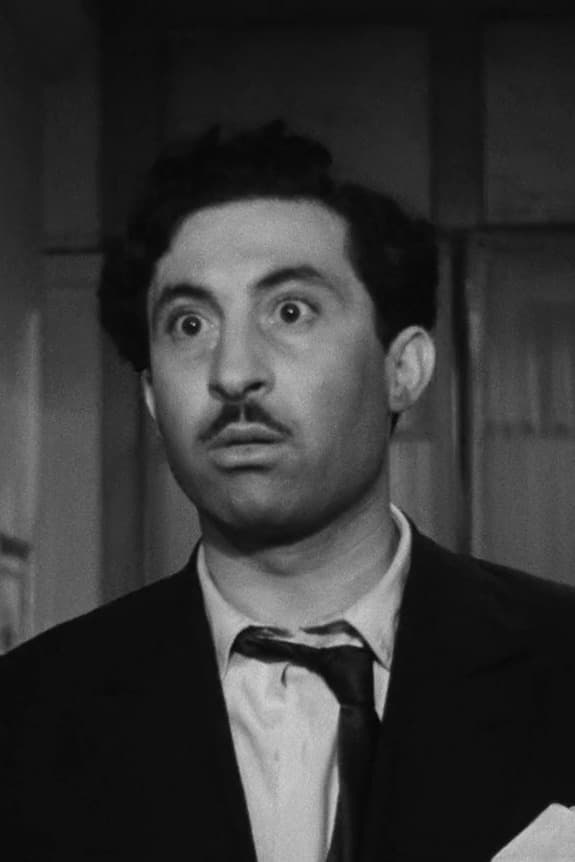Biography
Leonardo Sciascia (Italian pronunciation: [leoˈnardo ʃˈʃaʃʃa] ; 8 January 1921 – 20 November 1989) was an Italian writer, novelist, essayist, playwright, and politician. Some of his works have been made into films, including Porte Aperte (1990; Open Doors), Cadaveri Eccellenti (1976; Illustrious Corpses), Todo Modo (also 1976) and Il giorno della civetta (1968; The Day of the Owl). Sciascia was born in Racalmuto, Sicily, on 8 January 1921. In 1935, his family moved to Caltanissetta, where Sciascia studied under Vitaliano Brancati, who would become his model in writing and introduce him to French novelists. From Giuseppe Granata, future Communist member of the Italian Senate, Sciascia learned about the French Enlightenment and American literature. In 1944, he married Maria Andronico, an elementary school teacher in Racalmuto. In 1948, his brother committed suicide, an event which profoundly impacted Sciascia.
Sciascia's first work, Favole della dittatura (Fables of the Dictatorship), a satire on fascism in Italy, was published in 1950. This was followed in 1952 by La Sicilia, il suo cuore (Sicily, its Heart), his first and only poetry collection, illustrated by Emilio Greco. The following year Sciascia won the Premio Pirandello, awarded by the Sicilian Region, for his essay "Pirandello e il pirandellismo" ("Pirandello and Pirandellism").
In 1954, he began collaborating with literature and ethnology magazines published by Salvatore Sciascia in Caltanissetta. In 1956, he published Le parrocchie di Regalpetra (The Parishes of Regalpetra), an autobiographic novel inspired by his experience as an elementary school teacher in his home town. In the same year he moved to teach in Caltanissetta, only to move again to Rome in 1957 where he struck up a lifelong friendship with Sicilian artist, Bruno Caruso. In the autumn of 1957 he published Gli zii di Sicilia (Uncles of Sicily), which includes sharp views about themes such as the influence of the U.S. and of communism in the world, and the 19th century unification of Italy.
After one year in Rome, Sciascia moved back to Caltanissetta, in Sicily. In 1961, he published Il giorno della civetta (The Day of the Owl), one of his most famous novels, about the Mafia, and in 1963, the historical novel Il consiglio d'Egitto (The Council of Egypt), set in 18th-century Palermo. After a series of essays, in 1965 he wrote the play L'onorevole (The Honorable), a denunciation of the complicities between government and the mafia. Another political mystery novel is 1966's A ciascuno il suo (To Each His Own).
The following year Sciascia moved to Palermo. In 1969, he began a collaboration with Il Corriere della Sera. That same year he published the play Recitazione della controversia liparitana dedicata ad A.D. (Recitation of liparitana dispute dedicated to A.D.), dedicated to Alexander Dubček. In 1971, Sciascia returned again to mystery with Il contesto (The Challenge), which inspired Francesco Rosi's movie Cadaveri eccellenti (1976; Illustrious Corpses). The novel created Polemics, due to its merciless portrait of Italian politics, as did his novel Todo modo (1974; One Way or Another), due to its description of Italy's Catholic clergy.
At the 1975 communal elections in Palermo, Sciascia ran as an independent within the Italian Communist Party (PCI) slate and was elected to the city council. In the same year, he published La scomparsa di Majorana (The Disappearance of Majorana), dealing with the mysterious disappearance of scientist Ettore Majorana. In 1977, he resigned from PCI, due to his opposition to any dealing with the Democrazia Cristiana (Christian Democratic party). Later, he would be elected to the Italian and European Parliament with the Radical Party.
Sciascia's last works include the essay collection Cronachette (1985), the novels Porte aperte (1987; Open Doors) and Il cavaliere e la morte (1988; The Horseman and Death). He died in June 1989 at Palermo.
Filmography
all 17
Movies 15
Writer 15
TV Shows 2
Narrator 1
Screenplay 1
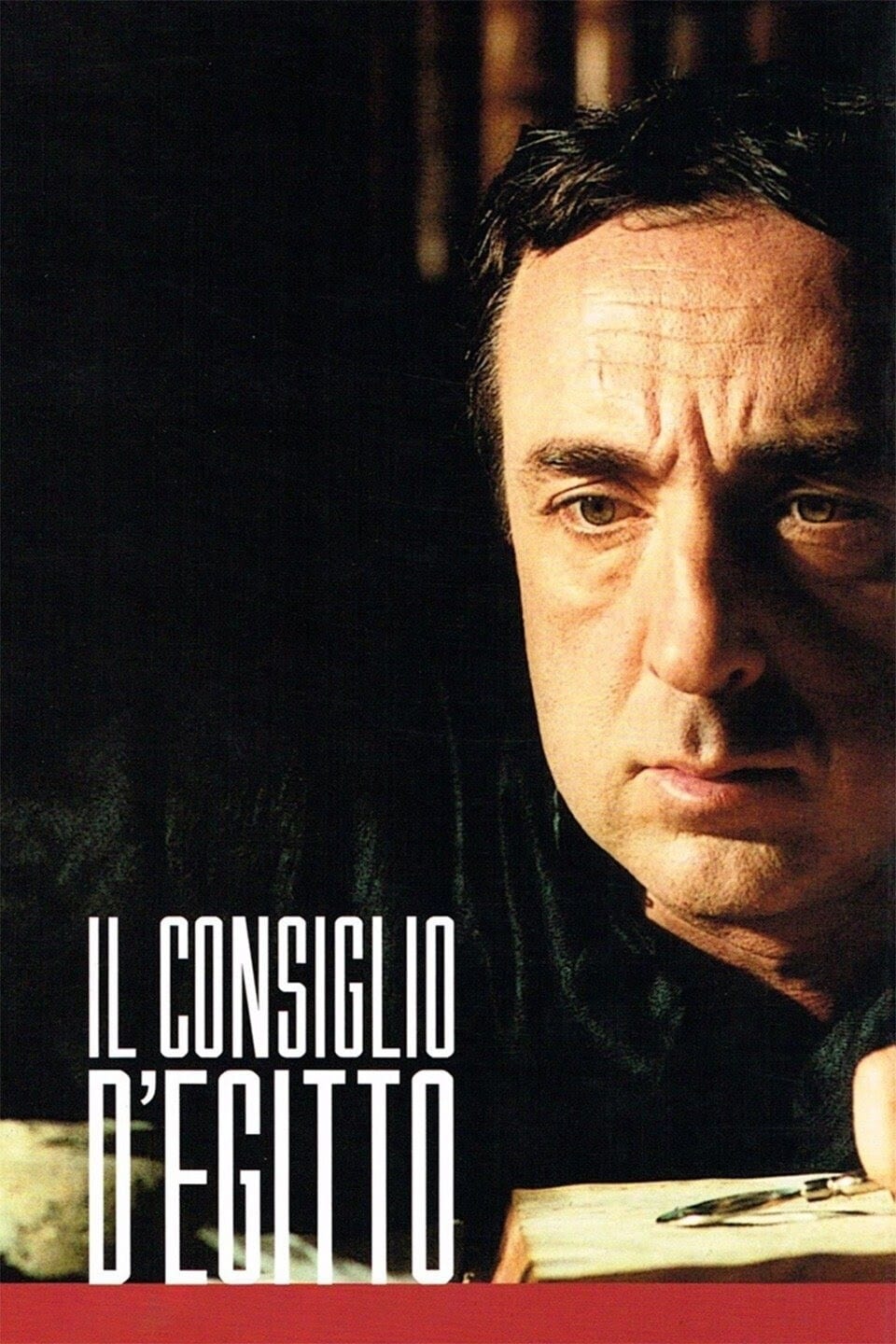
Il consiglio d'Egitto (2002)
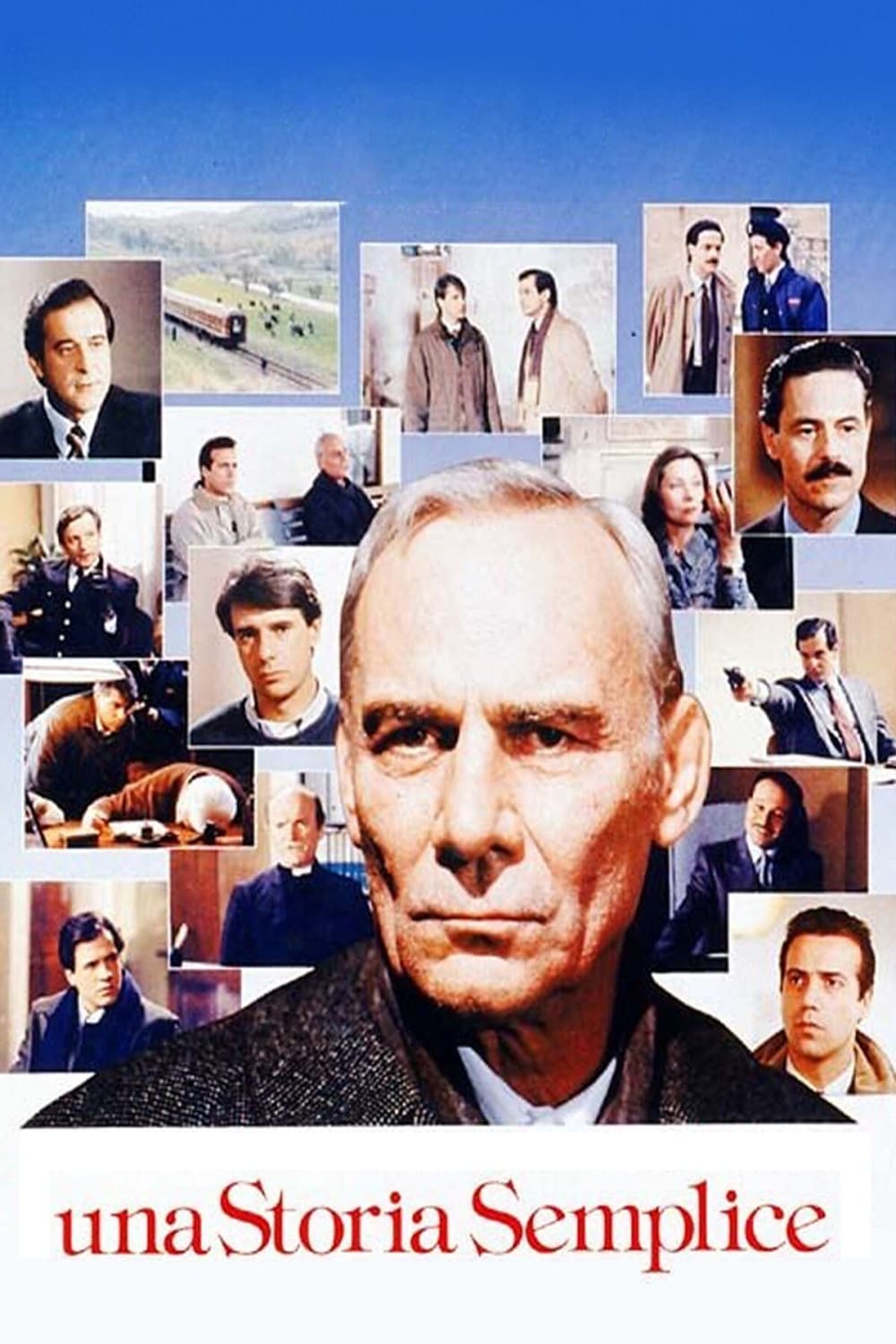
A Simple Story (1991)
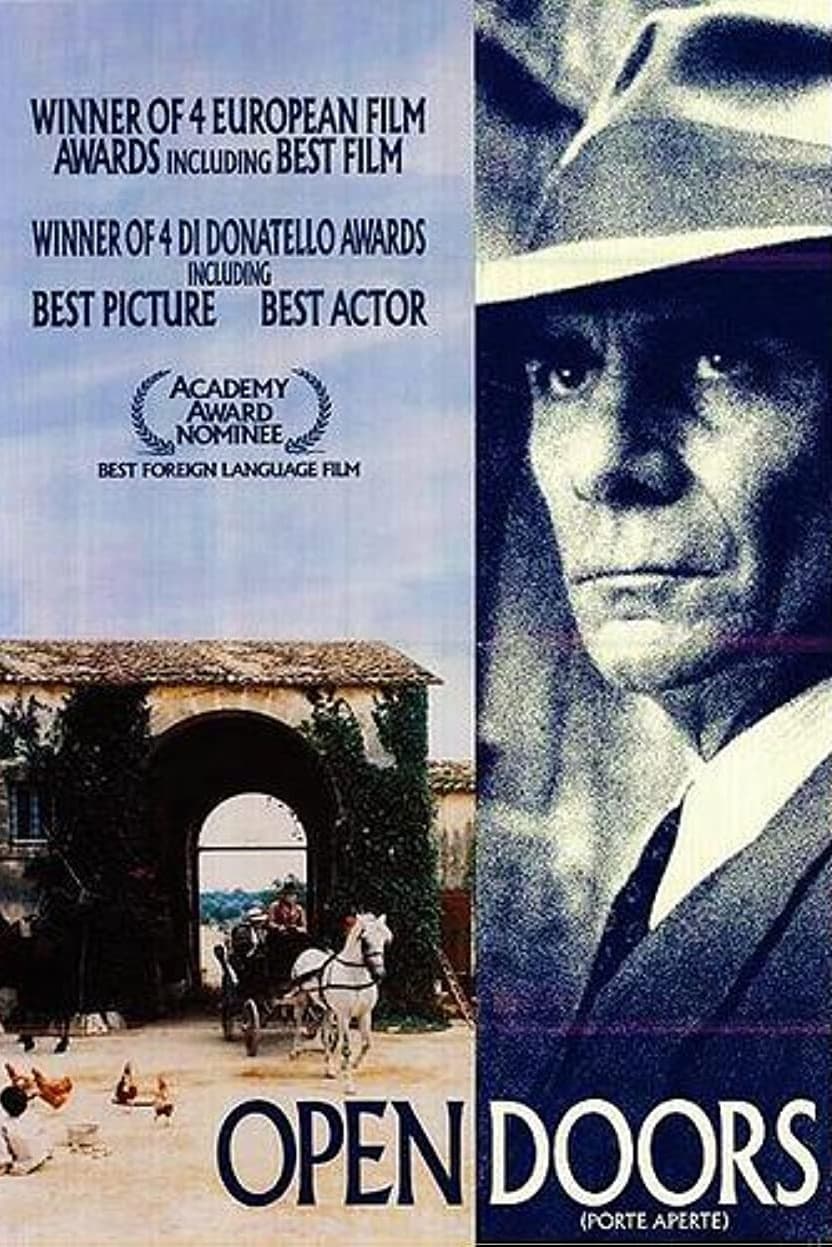
Open Doors (1990)
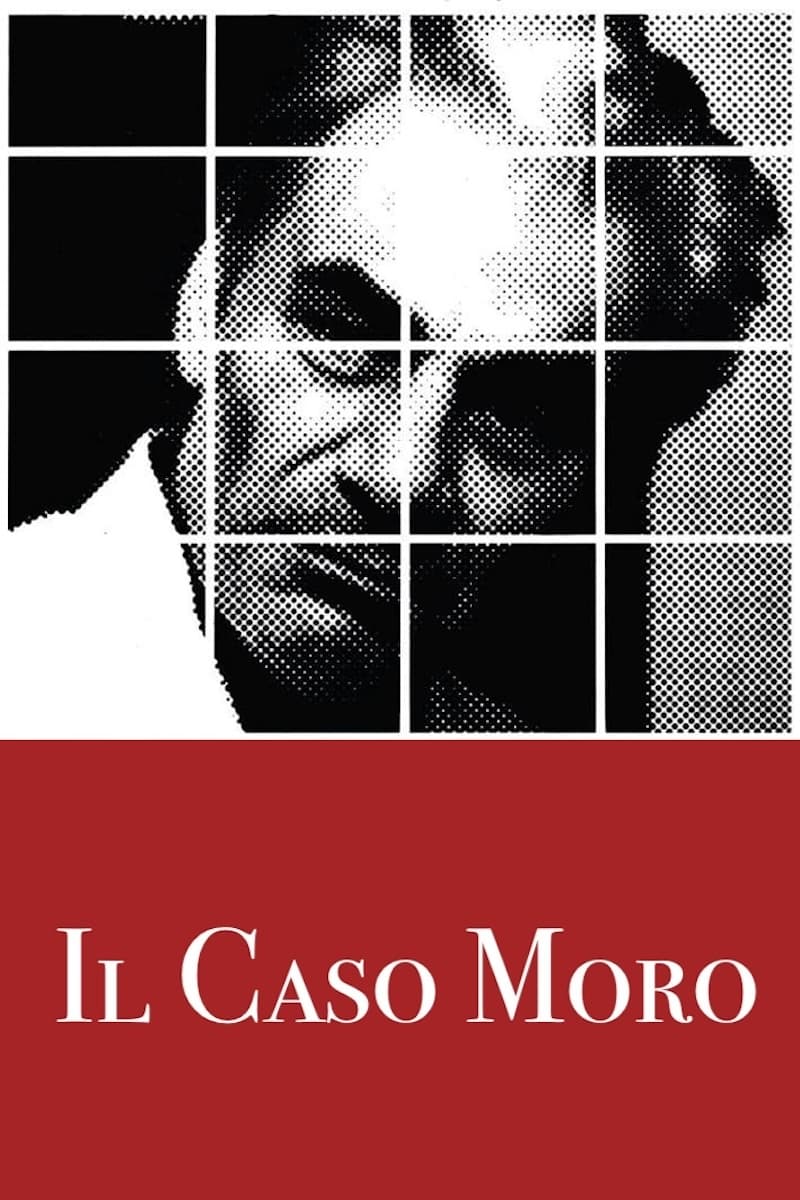
Il caso Moro (1986)

Western di cose nostre (1984)
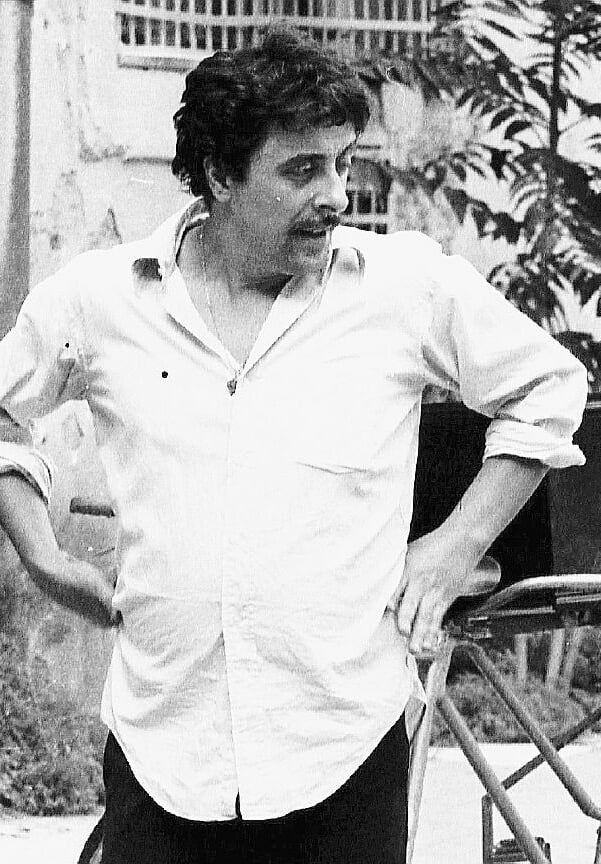
Grand Hôtel des Palmes (1978)
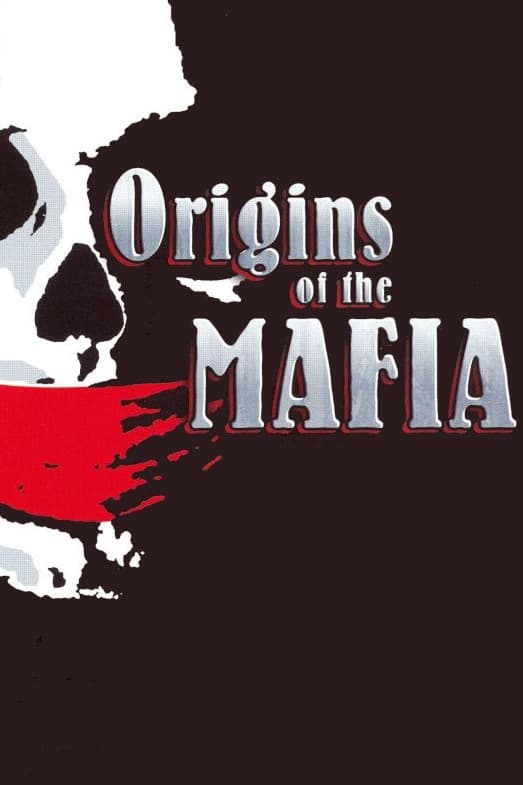
Origins of the Mafia (1976)
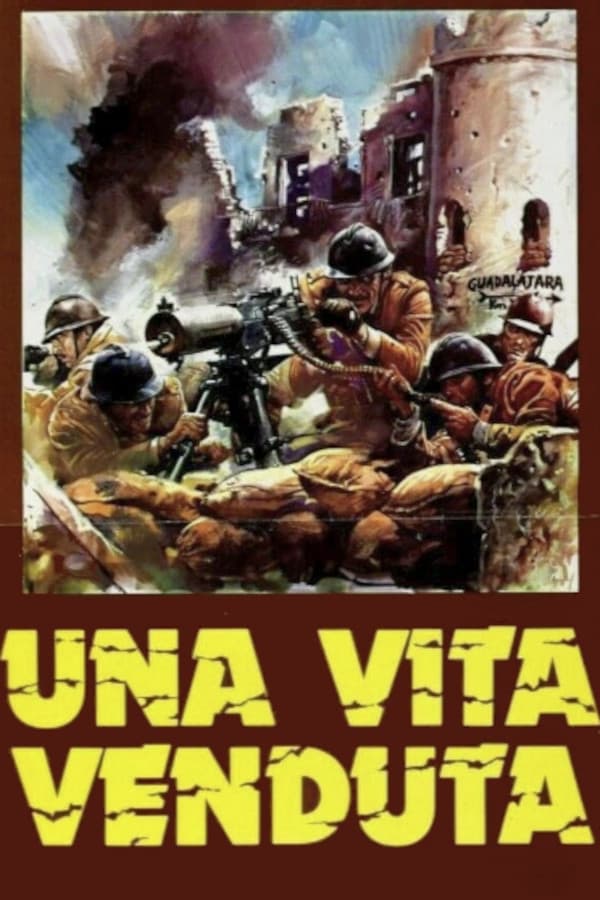
A Sold Life (1976)
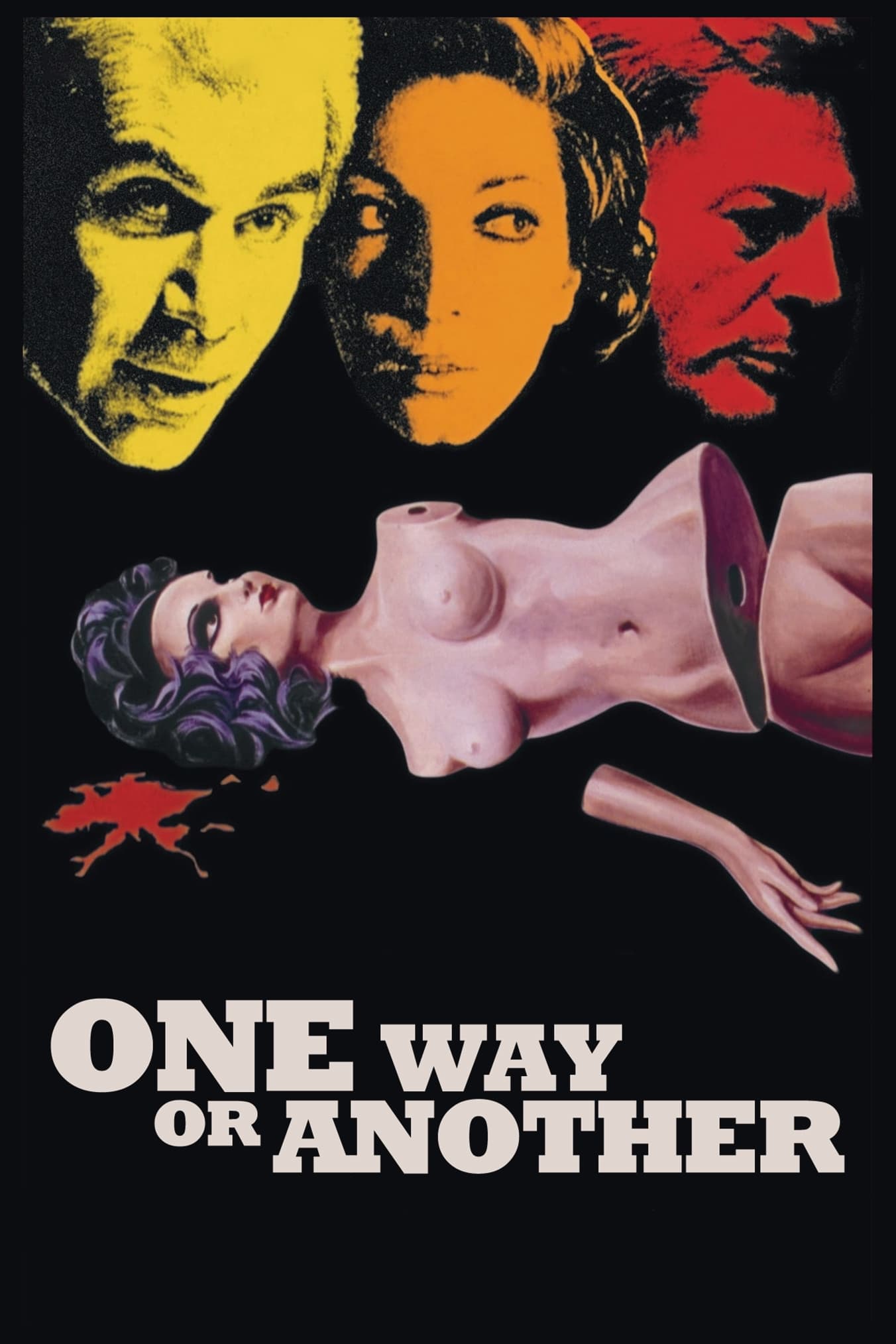
One Way or Another (1976)
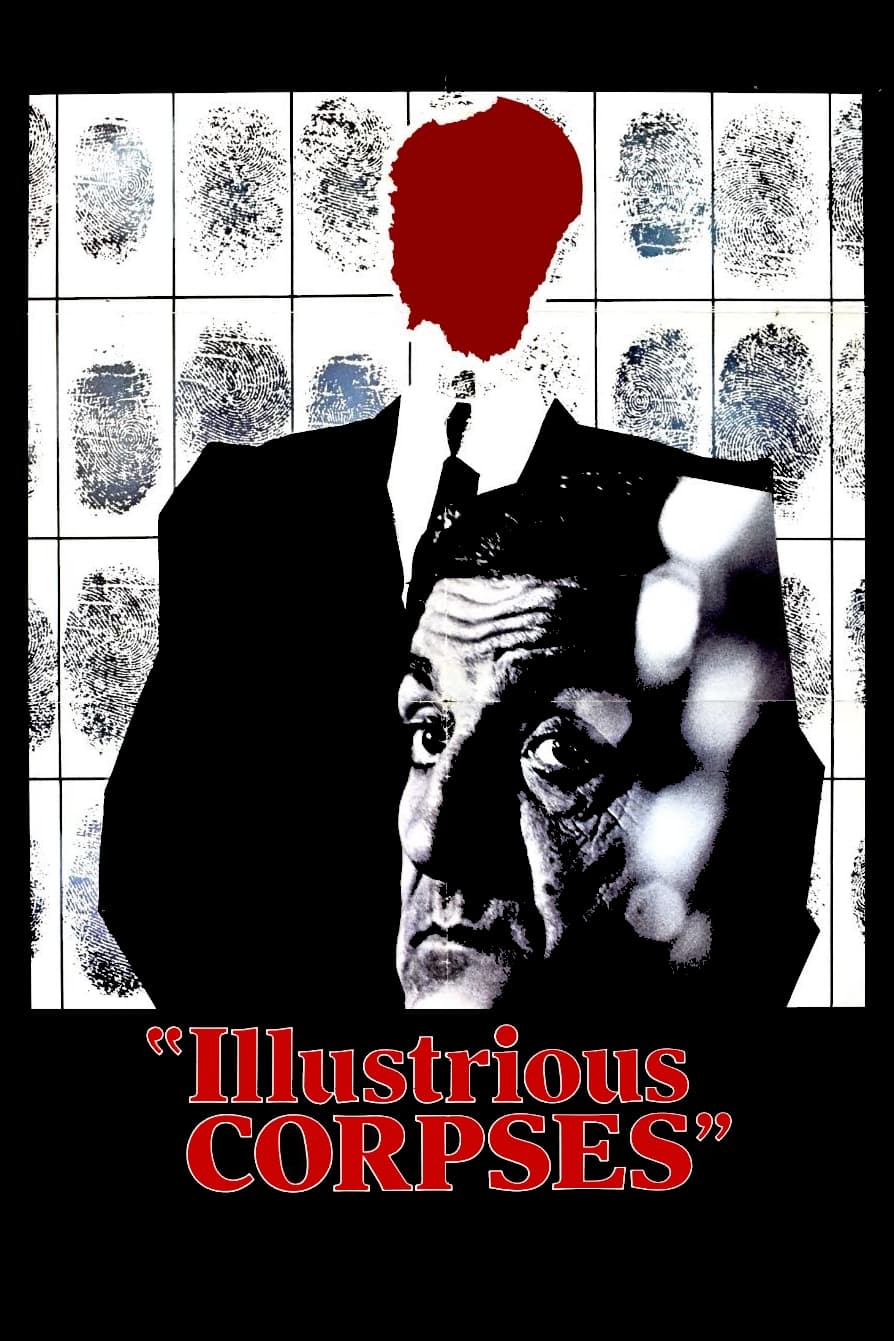
Illustrious Corpses (1976)

Liberty (1972)
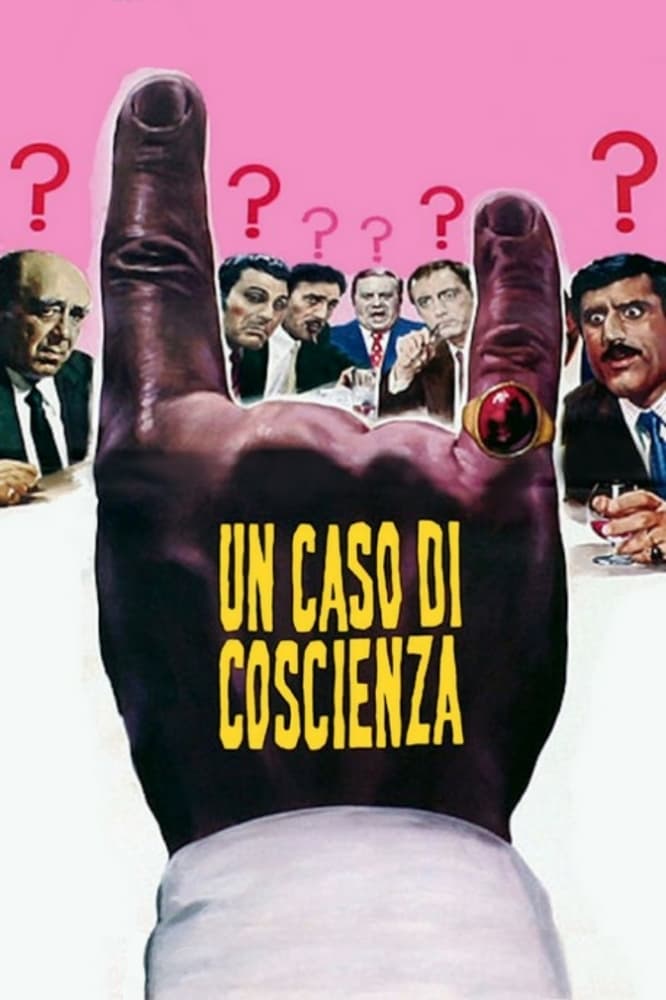
Un caso di coscienza (1970)
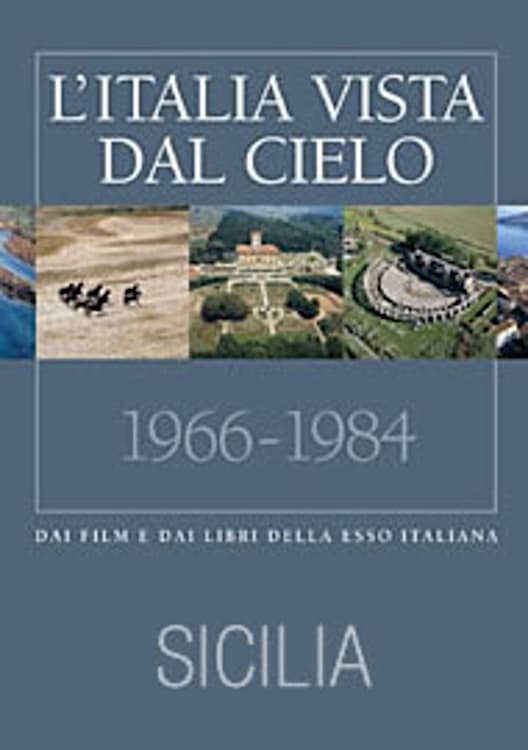
L'Italia vista dal cielo: Sicilia (1970)
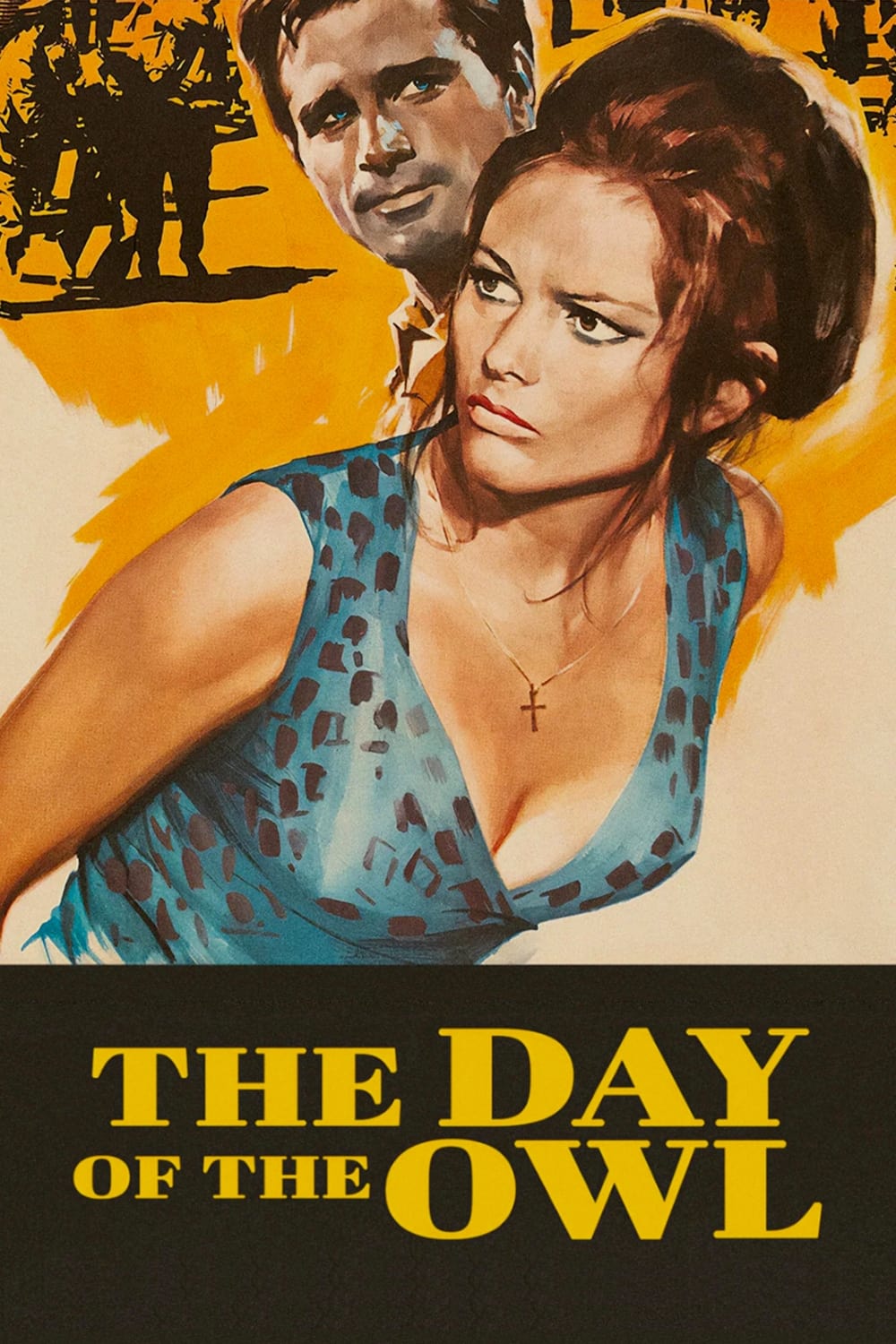
The Day of the Owl (1968)
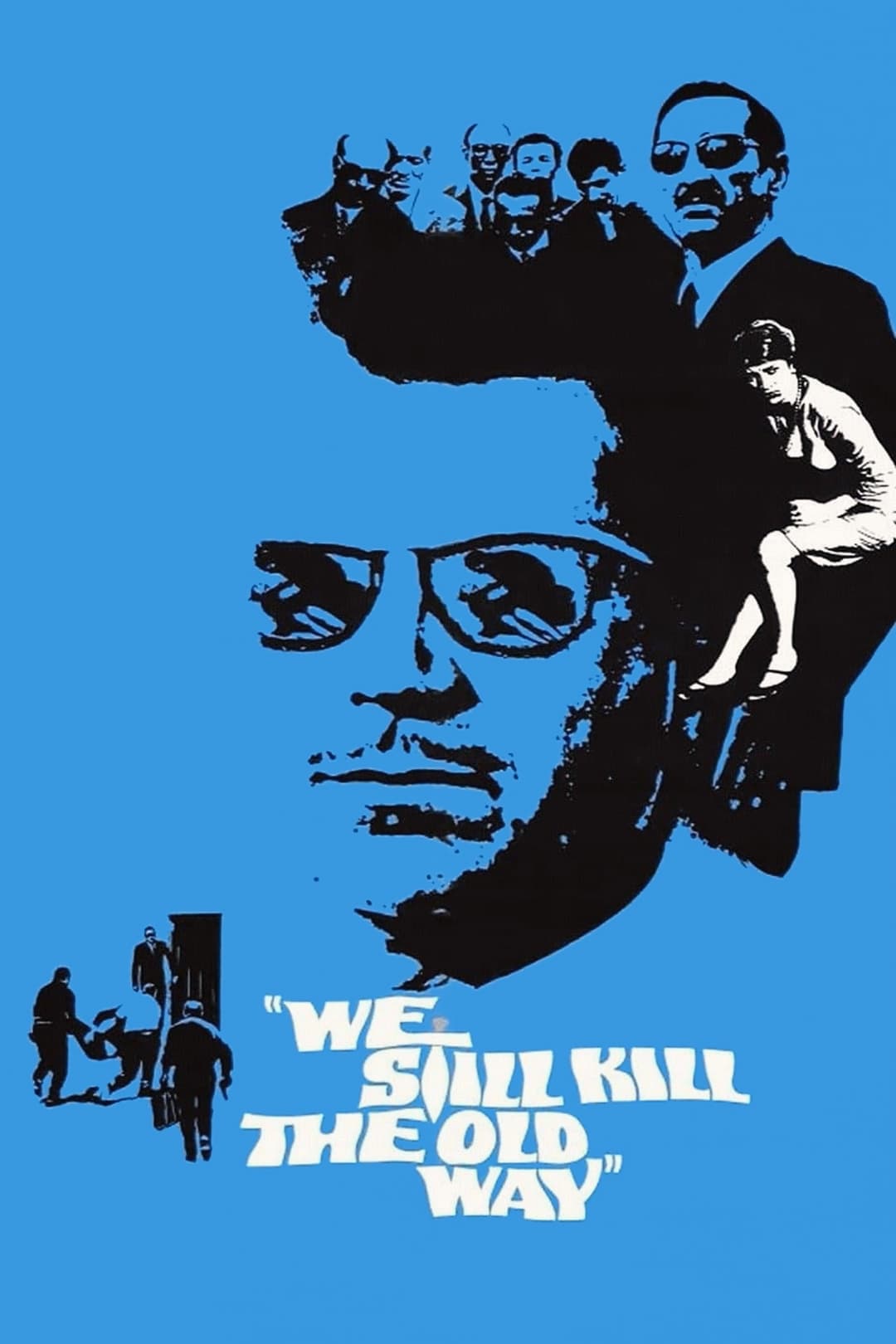
We Still Kill the Old Way (1967)
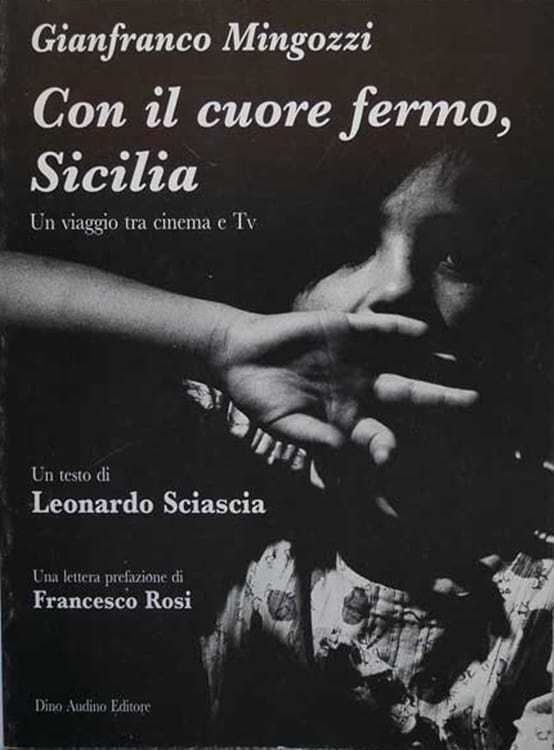
Con il cuore fermo, Sicilia (1965)
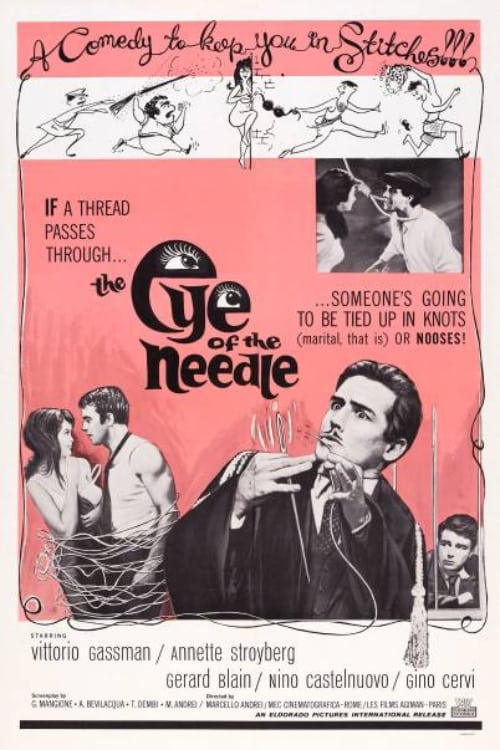
The Eye of the Needle (1963)
Ratings
Information
Known ForWriting
GenderMale
Birthday1921-01-08
Deathday1989-11-20 (68 years old)
Birth PlaceRacalmuto, Italy
CitizenshipsKingdom of Italy, Italy
AwardsBagutta Prize
This article uses material from Wikipedia.
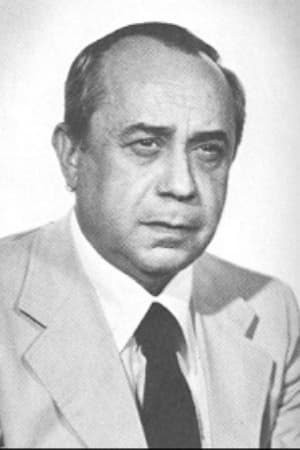 Leonardo Sciascia
Leonardo Sciascia- Filmography
- Information
- Related Persons
